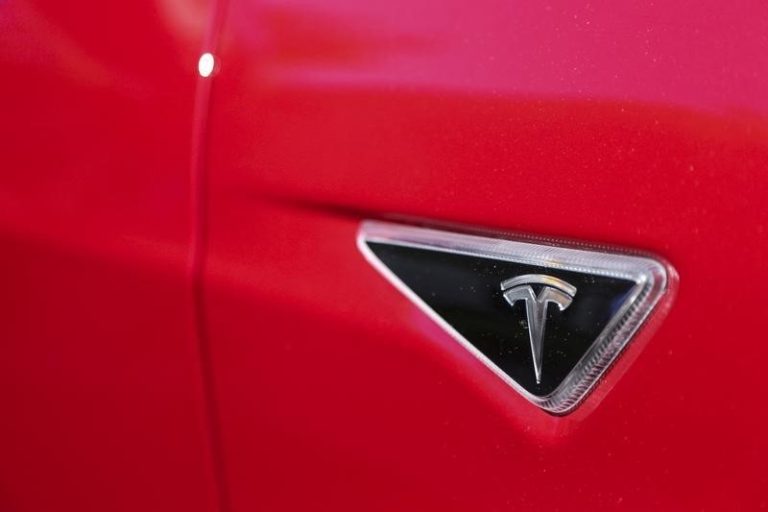The transition team of incoming U.S. President Donald Trump is advocating for significant policy changes that would end support for electric vehicles (EVs) and charging infrastructure while increasing restrictions on automotive imports from China. These recommendations mark a shift from the current administration’s approach, as the U.S. EV market faces challenges and China’s EV industry, bolstered by subsidies and a robust battery supply chain, advances.
The team suggests that the U.S. should impose tariffs on all battery materials on a global scale to promote domestic production and then work on negotiating exemptions with allied countries. This proposal aims to strengthen the U.S. battery industry and reduce dependence on foreign materials.
In addition, the Trump team is looking to redirect funds currently allocated for EV development and charging station construction towards national defense purposes, specifically to ensure a supply chain free from Chinese influence for batteries and essential minerals required for their production.
This plan also includes doing away with the $7,500 tax credit for EV purchases, a move that could impact sales and production within the U.S. auto industry. Major automakers like General Motors (NYSE:GM) and Hyundai (OTC:HYMTF) (KRX:005380) have recently expanded their electric vehicle offerings in the American market, and the proposed policies could significantly affect their business strategies.
The transition team’s recommendations have not been made public before and represent a notable departure from the Biden administration’s policies, which aimed at fostering a domestic battery supply chain while accelerating the transition to EVs. These proposals are part of a broader strategy to quickly implement new automotive policies upon President Trump’s inauguration.
This article was generated with the support of AI and reviewed by an editor. For more information see our T&C.

